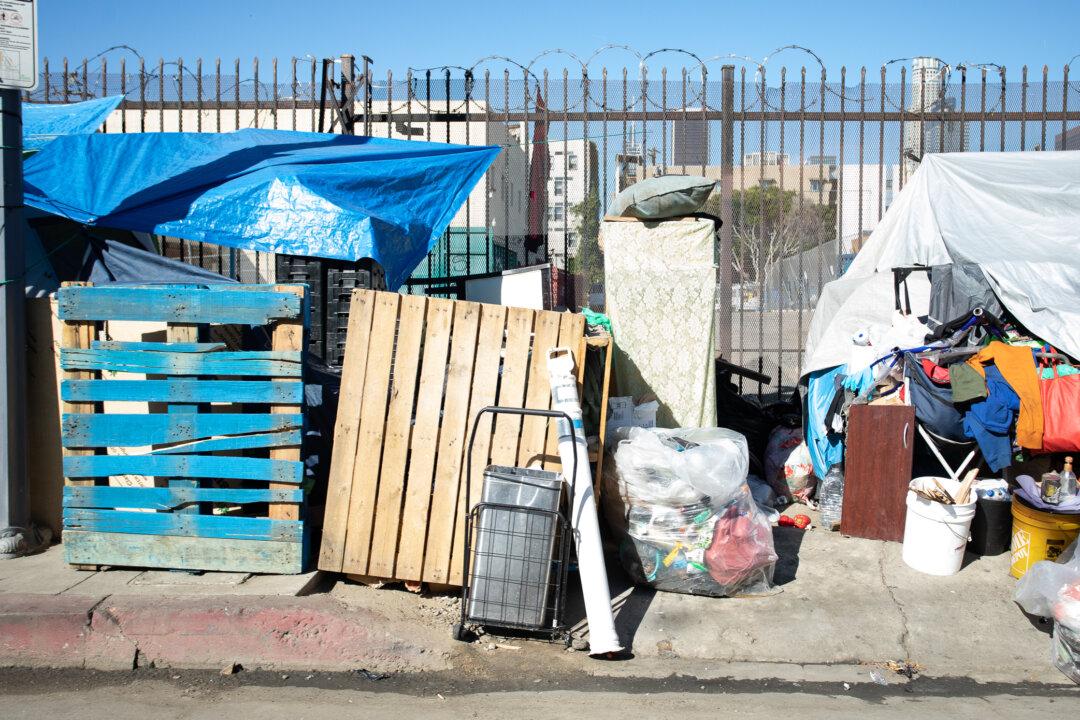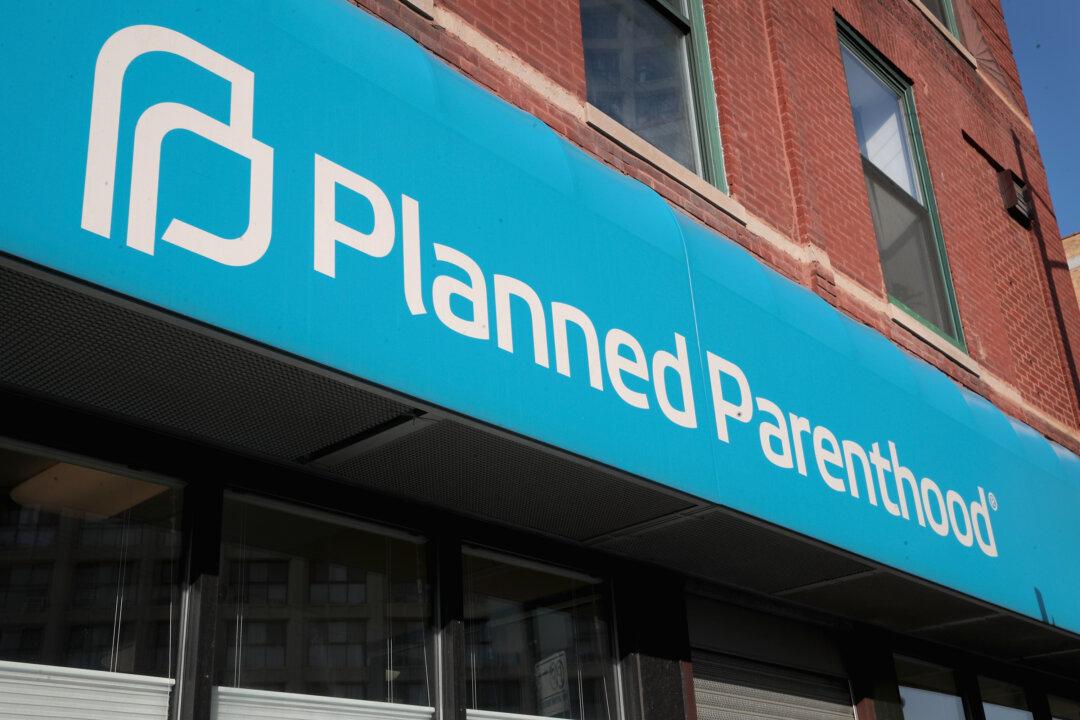The Oregon Legislative Assembly is considering a bill to provide a universal basic income for the homeless community.
The legislation, SB603, would provide 12 monthly payments of $1,000 to people who are experiencing homelessness or are at risk of homelessness.“Payments may be used for rent, emergency expenses, food, child care, or other goods or services of the participant’s choosing,” the bill states (pdf).





